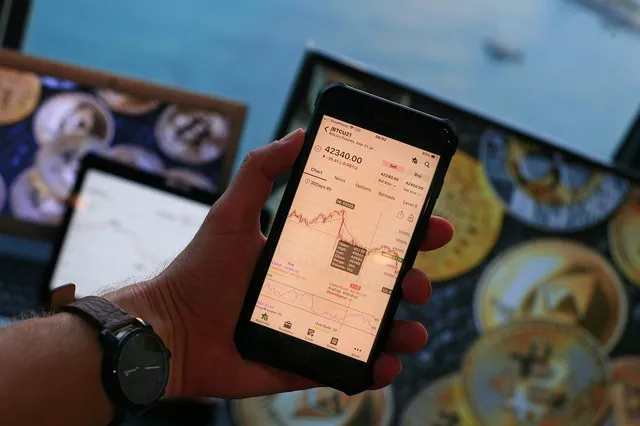Futures trading is a popular investment strategy that involves buying and selling futures contracts to profit from price movements in underlying assets. In this guide, we will explain everything you need to know about futures trading, including its definition, mechanics, and how to profit from it.
Definition of Futures Trading
Futures trading is a type of investment strategy that involves buying and selling futures contracts. A futures contract is a legal agreement to buy or sell a particular asset at a predetermined price at a specified time in the future. Futures contracts are standardized for quality and quantity to facilitate trading on a futures exchange. Futures contracts offer buyers and sellers the ability to lock in purchase (or sale) prices of an asset for a specific date in the future, often to mitigate the risk of unfavorable price movements from the date of the agreement until the expiration date.
Mechanics of Futures Trading
Futures trading requires buying and selling futures contracts on a futures exchange, such as the Chicago Mercantile Exchange (CME) or the New York Mercantile Exchange (NYMEX). These exchanges provide a centralized marketplace for buyers and sellers to trade futures contracts. Futures contracts are standardized to facilitate trading on a futures exchange. They detail the quantity of the underlying asset and are standardized to facilitate trading on a futures exchange.
How to Profit from Futures Trading
Trading futures contracts involves several steps, including:
Determine Market Conditions:
Before trading futures contracts, it is important to determine the market conditions. This will help you decide which type of contract to use.
Choose Contracts:
Once you have determined the market conditions, you need to choose the contracts for your trade. The difference between the contracts will determine the maximum profit and loss of the trade.
Buy and Sell Contracts:
After choosing the contracts, you need to buy and sell contracts of the same type and expiry, but at different strike prices. This will create your futures trade.
Monitor the Trade:
Once you have created your futures trade, you need to monitor the trade. This will help you determine if you need to adjust your position or close the trade.
Advantages of Futures Trading
Futures trading offers several advantages to traders, including:
Leverage:
Futures trading offers leverage, which means that traders can control a large amount of the underlying asset with a relatively small amount of capital. This can amplify profits, but it can also amplify losses.
Diversification:
Futures trading offers traders the ability to diversify their portfolios by gaining exposure to a broad range of assets.
Hedging:
Futures trading can be used for hedging, which means that traders can use futures contracts to offset the risk of adverse price movements in an underlying asset.
Risks of Futures Trading
Futures trading also comes with risks, including:
Price Volatility:
Futures trading is subject to price volatility, which means that the price of the underlying asset can fluctuate rapidly and unpredictably. This can lead to significant gains or losses for traders.
Counterparty Risk:
Futures trading is traded on futures exchanges, which act as intermediaries between buyers and sellers. There is a risk that the exchange or the counterparty may default on their obligations.
Leverage:
While leverage can amplify profits, it can also amplify losses. Traders should be aware of the risks associated with leverage and use it carefully.
Conclusion
Futures trading is a popular investment strategy that involves buying and selling futures contracts to profit from price movements in underlying assets. Futures trading requires buying and selling futures contracts on a futures exchange. Trading futures contracts involves determining market conditions, choosing contracts, buying and selling contracts, and monitoring the trade. Futures trading offers several advantages to traders, including leverage, diversification, and hedging. However, it also comes with risks, including price volatility, counterparty risk, and leverage. With this guide, you should be able to understand the basics of futures trading and how to profit from it.


